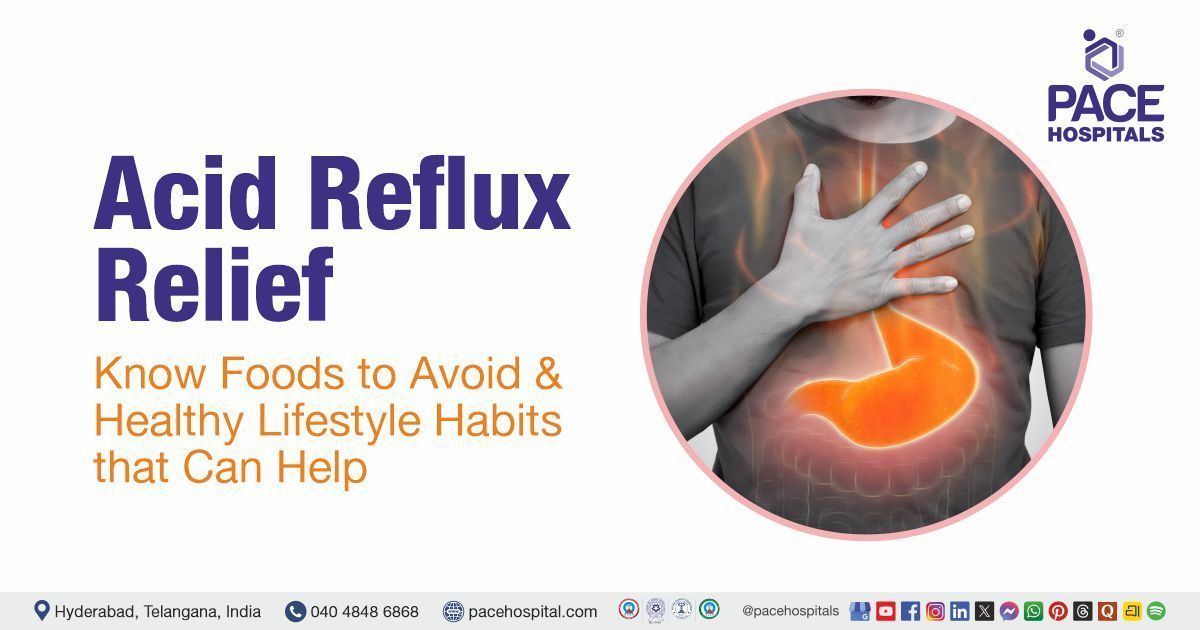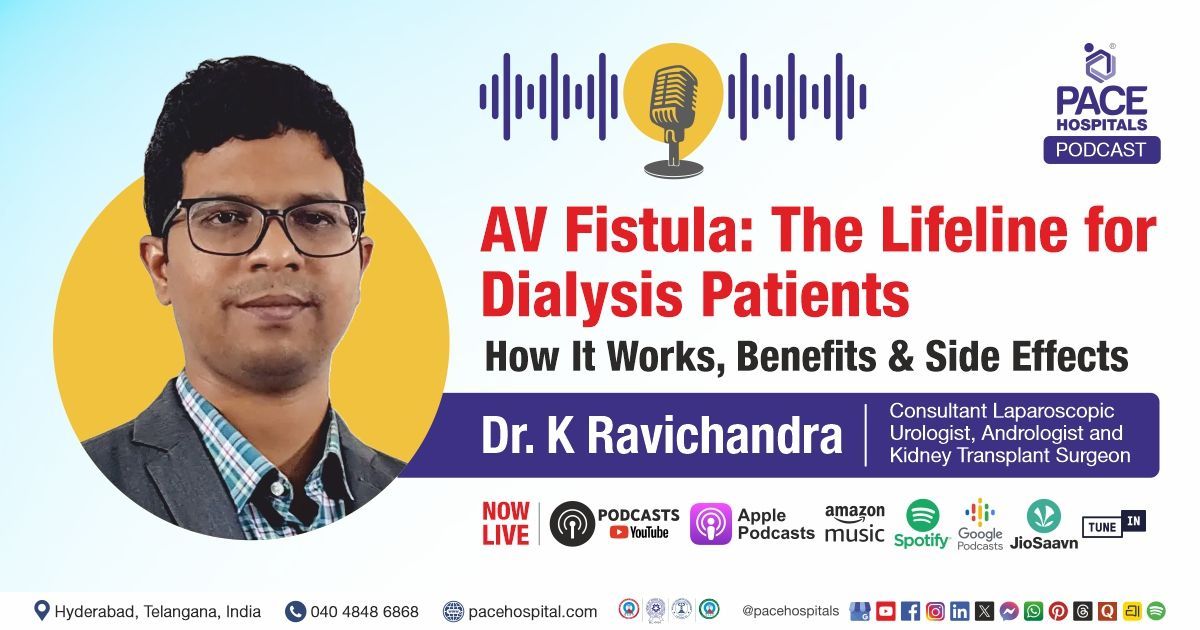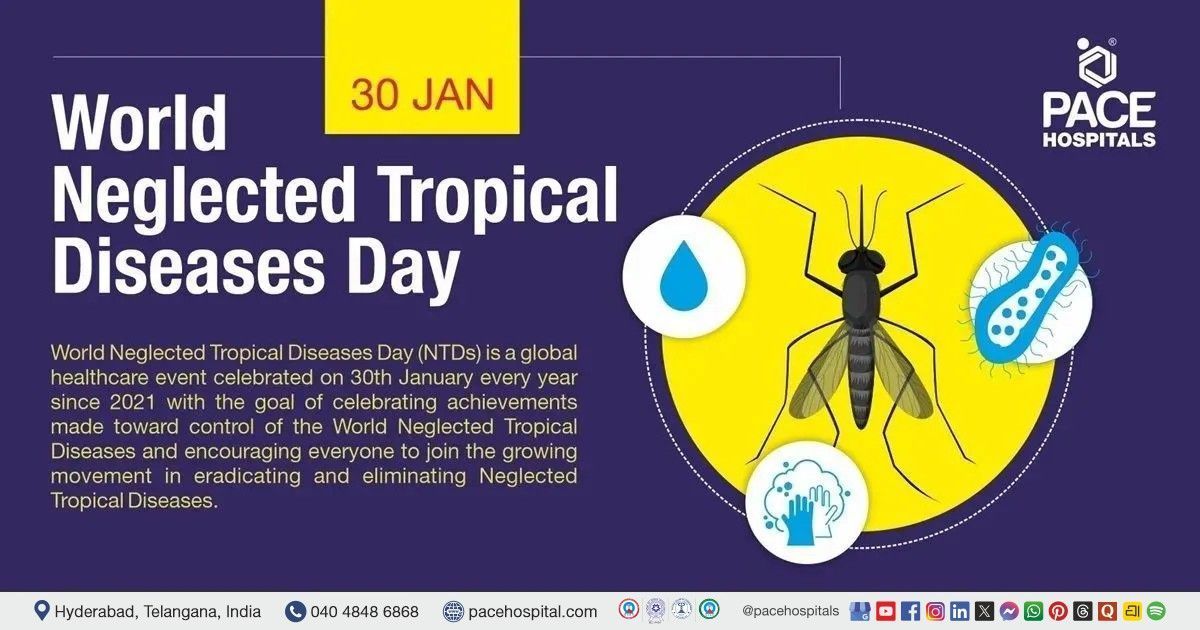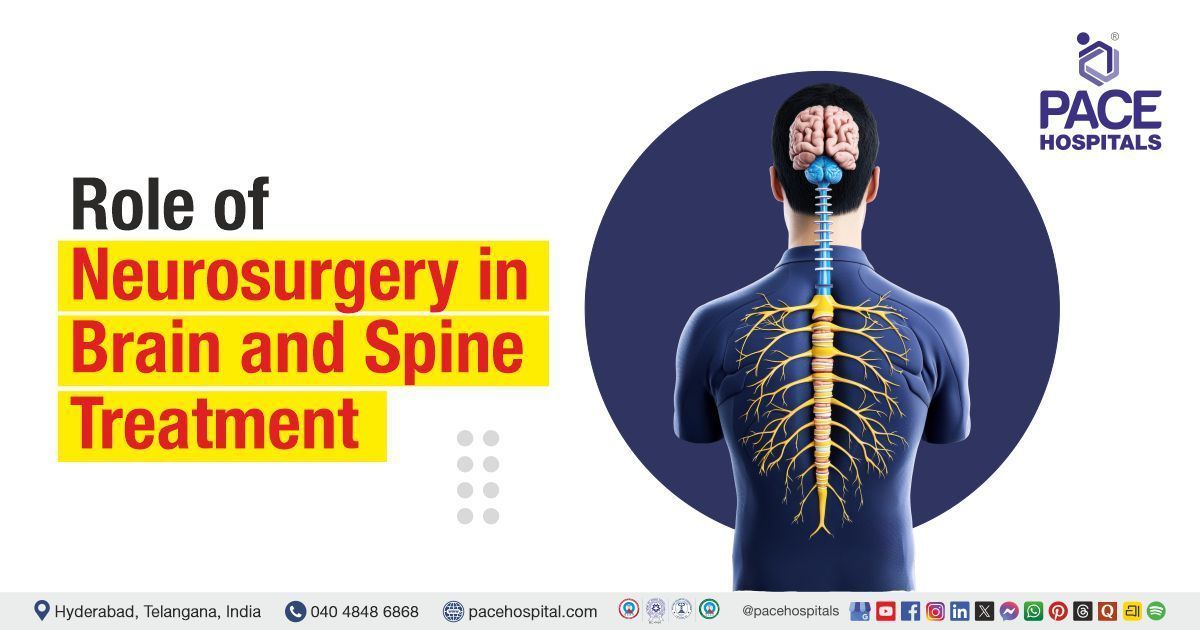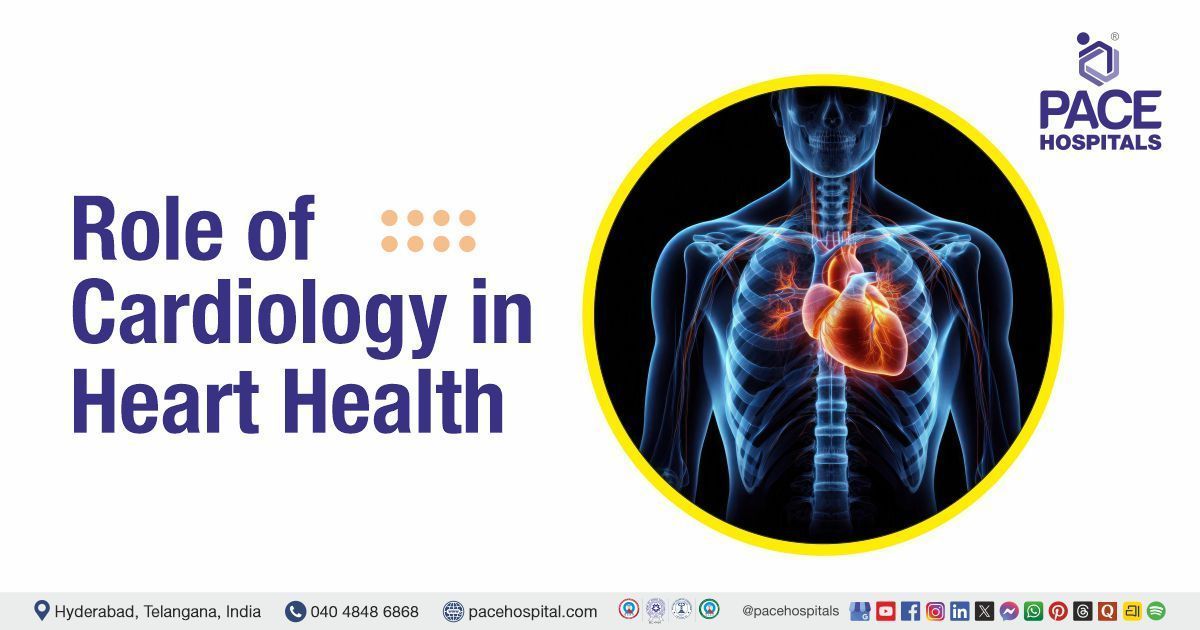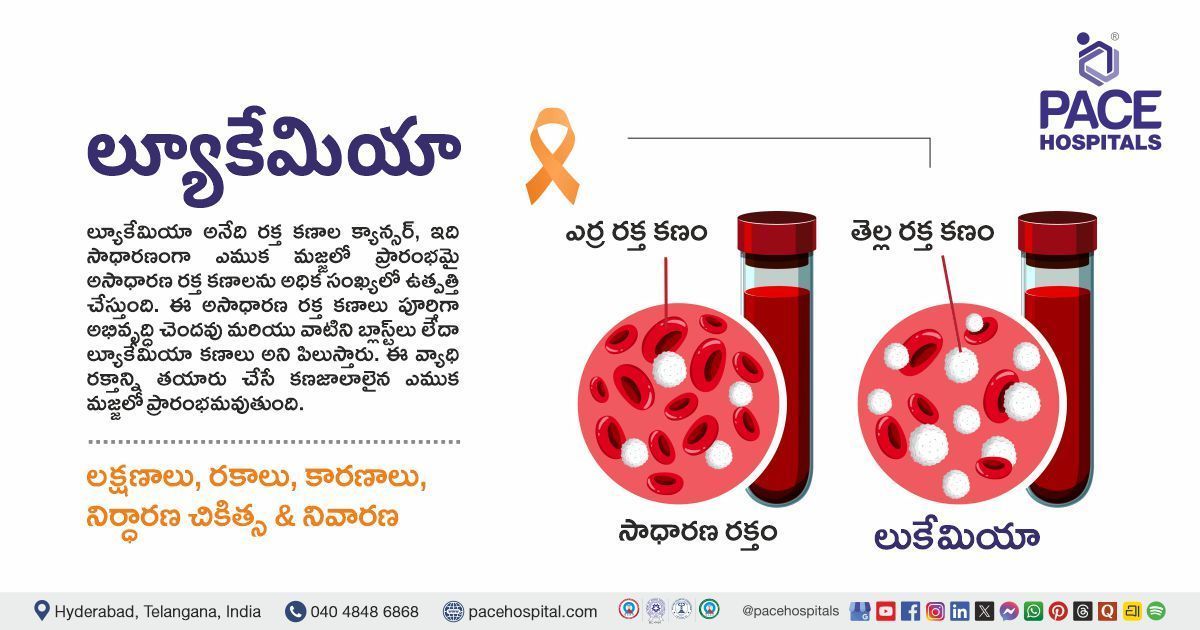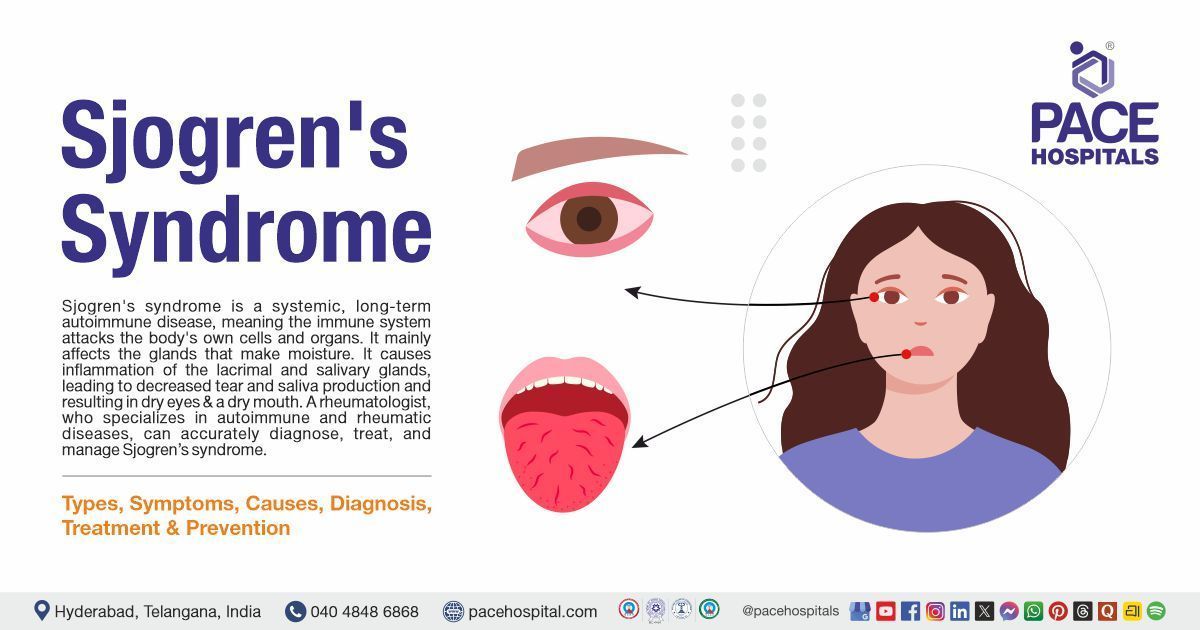8 Foods to Avoid with Acid Reflux: Causes, Trigger Foods & Lifestyle Tips
PACE Hospitals
Written by: Editorial Team
Medically reviewed by: Dr. Mysore Sudhir - Senior Consultant Gastroenterologist and Hepatologist
Acid reflux occurs when stomach acid rises into the oesophagus, resulting in a burning sensation in the chest, a sour taste in the mouth, throat irritation, or pain after meals. Gastro-oesophageal reflux disease (GERD) is characterised by frequent episodes. Although medications can provide relief, everyday dietary patterns and lifestyle choices play a central role in preventing flare-ups.
Certain foods naturally increase acidity, slow digestion, or relax the lower oesophageal sphincter (LES)—the valve that keeps acid in the stomach. Identifying and avoiding trigger foods, along with adopting healthy habits, can significantly improve digestive comfort and reduce symptoms.
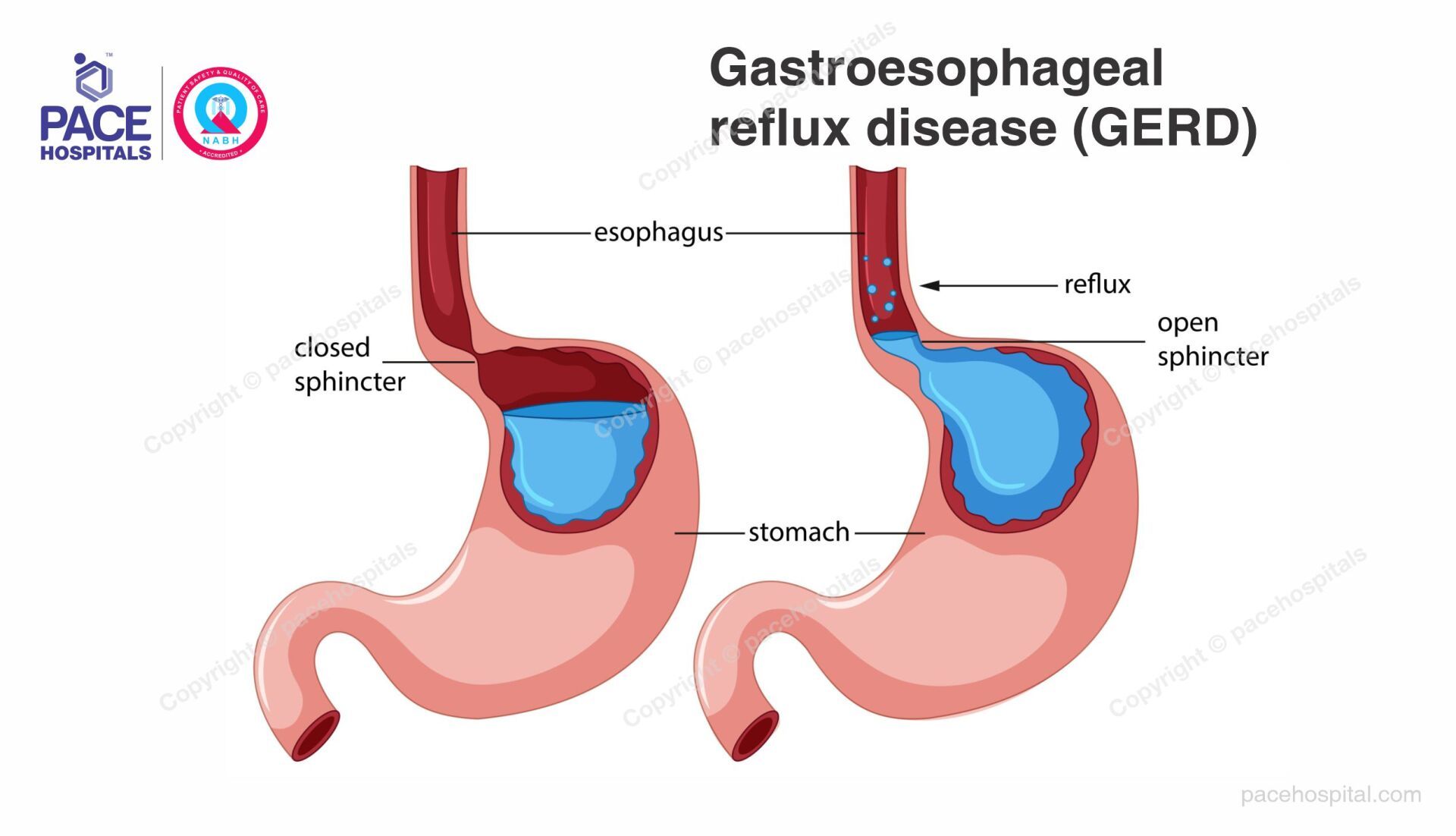
What is Acid Reflux and What Happens in the Body?
The oesophagus and stomach are separated by the LES. In healthy digestion, this valve opens briefly to allow food to pass and then closes again. When the LES weakens, relaxes inappropriately, or is placed under excess pressure, acid can travel upward.
This backward flow irritates the oesophageal lining and causes the symptoms commonly associated with reflux. While occasional reflux is normal, frequent episodes may indicate an underlying problem that requires evaluation.
Acid Reflux Causes and Risk Factors
Acid reflux can be triggered by multiple physiological phenomenon and lifestyle-related factors. Understanding these allows a person to manage the condition more effectively.
Common Causes
- Weak or relaxed lower oesophageal sphincter (LES): The valve fails to close properly, allowing acid to escape.
- Delayed stomach emptying: When food remains longer in the stomach, the risk of reflux increases.
- Hiatal hernia: Part of the stomach pushes upward into the chest cavity, altering the pressure gradient.
- Excess acid production: Spicy items, fatty, or acidic foods may stimulate more acid secretion.
Major Risk Factors
- Obesity: Increased abdominal pressure pushes stomach contents upward.
- Pregnancy: Hormonal fluctuations and more pressure due to the growing uterus may contribute to reflux.
- Smoking: Weakens the LES and reduces saliva production, which normally helps neutralise acid.
- Alcohol consumption: Relaxes the LES and irritates the oesophageal lining.
- Large or late-night meals: Overfilling the stomach increases the chance of acid movement if consuming more food at night.
- Certain medications: Painkillers, sedatives, calcium channel blockers, and some asthma medications may worsen reflux.
- Stress and poor sleep: Can heighten sensitivity to symptoms and influence digestion.
Recognising these factors helps individuals take preventive steps and reduces dependence on medication.
8 Foods That Trigger Acid Reflux Most Often
Foods affect people differently, although certain foods are frequently connected with symptom flare-ups. Limiting or avoiding them can increase comfort and decrease the frequency of reflux episodes.
1. Spicy Foods
Red chilli, pepper, hot sauces and spicy preparations frequently irritate the oesophagus and raise acidity levels. People who eat overly spiced meals may have heartburn quickly after eating.
2. Citrus Fruits
Oranges, lemons, grapefruits, and citrus-based beverages are naturally acidic, which can lead to heartburn. Low-acid fruits such as bananas, papaya, and melons may be better suited to people with reflux.
3. Tomatoes and Tomato-Based Dishes
Tomatoes contain natural acids that commonly trigger reflux. Foods like pasta sauces, pizza toppings, gravies, and ketchup can exacerbate discomfort, especially when consumed regularly.
4. Fried and High-Fat Foods
Fat-rich foods delay digestion and increase the amount of time the stomach stays full. Fried snacks, fast foods, creamy dishes, and fatty meats raise the likelihood of acid regurgitation compared to other foodstuffs.
5. Caffeinated Beverages
Coffee, Strong tea, energy drinks, and cola-based beverages may lead to more acid production and relax the LES. Switching to mild tea, herbal infusions, or decaffeinated options may help to revive from this troublesome situation.
6. Chocolate
Chocolate contains caffeine and theobromine, both of which can encourage reflux. High-fat varieties worsen the effect. Limiting chocolate consumption may reduce nighttime heartburn in most cases.
7. Carbonated Drinks
Fizzy beverages and some cold drinks introduce excess gas into the stomach, increasing bloating and pressure. This added pressure may elevate the acid upward movement, making aerated drinks a common agent and supportive food item for causing more reflux.
8. Onions and Garlic
Although nutritious, raw onions and garlic direct intake may provoke acidity in people with sensitive digestion. Cooked versions may be gentler, but tolerance varies from person to person.
Healthy Lifestyle Habits to Reduce Acid Reflux
Lifestyle changes act as key component of reflux control. Consistent practices can help to relieve abdominal pressure, enhance digestion, and prevent symptom flare-ups.
Eat in smaller amount, more frequent meals
Large meals exerts more activity for stomach heavily and increase acid movement. Smaller meals reduce pressure on the LES.
Avoid lying down immediately soon after eating
Waiting at least 2–3 hours before lying flat allows digestion to progress and reduces nighttime reflux.
Maintain a healthy body weight
Excess abdominal fat increases stomach pressure and encourages acid movement.
Elevate the head of the bed
Raising the upper body especially head and neck during sleep prevents nighttime reflux by using gravity to keep acid in the stomach.
Limit smoking habit and alcohol consumption
Both are the main cause weakening the LES and irritate the digestive tract.
Choose gentle cooking methods
Steaming, poaching, grilling, and baking are easier on the digestive system.
Monitor your personal trigger foods
A food diary helps identify those food items that worsen reflux for each individual.
What are the Potential Complications of Untreated Acid Reflux?
When acid reflux or GERD remains unmanaged, the continuous backflow of stomach acid can damage the oesophagus and surrounding structures. Over time, this can lead to several complications that affect both digestive and respiratory health. Early evaluation and appropriate GERD treatment are essential to prevent long-term risks.
Oesophagitis (Inflammation of the Oesophagus)
Repeated acid exposure irritates the oesophageal lining, causing stomach ulcers, inflammation, and discomfort. Individuals may experience burning sensations, food sticking in the throat, or difficulty swallowing related problems. If left untreated, oesophagitis can progress to more complicated issues and it may require medical intervention.
Oesophageal Strictures
Chronic inflammation may lead to scar tissue formation, which narrows the oesophagus. This condition, known as a stricture, makes swallowing difficult and may result in frequent food impaction affecting normal food eating process.
Barrett’s Oesophagus
Long-standing GERD can cause the oesophageal lining to undergo structural changes. This condition, known as Barrett’s oesophagus, is a significant concern because it increases the risk of oesophageal cancer later.
Respiratory and Throat-Related Issues
Acid reaching the throat or airways may lead to chronic cough, sore throat, hoarseness, asthma symptoms, or repeated throat irritation. This form of reflux, sometimes referred to as silent reflux or Laryngopharyngeal Reflux (LPR), requires targeted assesment by a gastroenterologist.
Risk of Oesophageal Cancer
Persistent acid injury, especially in those individuals with Barrett's oesophagus, increases the risk of oesophageal adenocarcinoma. Early identification of high-risk cases is essential.
Decline in Quality of Life
Nighttime reflux, chest discomfort, interrupted sleep, and food restrictions can all have a substantial influence on everyday activities. Early reflux management helps to prevent these issues and promotes long-term digestive health, resulting in a healthy gut feeling.
When to Consult a Gastroenterologist for Acid Reflux?
If having persistent reflux that affects quality of life it should be evaluated by a gastroenterologist. Warning signs include:
- Difficulty swallowing
- Frequent heartburn or chest discomfort
- Chronic cough or throat irritation
- Unexplained weight loss
- Reflux symptoms despite lifestyle modifications
Acid Reflux Management at PACE Hospitals
PACE Hospitals follows a well-structured, evidence-based approach to evaluating and treating acid reflux and GERD. The aim is not just to ease symptoms but to understand the underlying cause and have a target to reduce long-term risks. The treatment pathway combines specialist expertise, advanced diagnostic support, and personalised guidance.
Evaluation by Experienced Gastroenterologists
Patients are assessed by experienced gastroenterologists and digestive disease specialists who focus on conditions affecting the oesophagus and stomach. Their long-term experience helps in recognising the pattern of symptoms and forming an accurate diagnosis.
Advanced Diagnostic Technology
To understand why reflux occurs and how severe it is, a range of advanced tests and assesment may be recommended, including:
- High-definition upper GI endoscopy test (UGI Endoscopy)
- Oesophageal manometry to assess swallowing and muscle function (Esophageal Manometry)
- 24-hour pH monitoring to measure acid exposure
- Impedance studies to detect episodes of non-acid reflux
Considering these assessments and testing reports it help to detect movement-related disorders of the oesophagus, highlight any structural abnormalities, and determine the severity of reflux.
Individualised Treatment Plans and Strategies
Personalised treatment plans are developed based on each individual's symptoms, known triggers, and results from diagnostic tests. These plans may involve:
- Selecting and adjusting medications that reduce acid or improve digestive movement
- Modifying diet patterns including what to eat along with what not to eat and identifying food items that tend to aggravate reflux
- Guidance on when to eat, how to maintain proper posture, and
- the best sleep positions to reduce symptoms
- Lifestyle measures such as weight control, regular physical activity, and other supportive habits are explained
The overall target and aim is to maintain consistent symptom relief and reduce the likelihood of repeated reflux episodes.
Multidisciplinary Care Approach
Experienced Gastroenterologists coordinate with team of specialists such as dietitians, ENT specialists, nutritionists, and skilled surgeons when additional support is needed. This ensures that all possible contributing factors are evaluated thoroughly.
Long-Term Monitoring and Prevention
Regular follow-up helps monitor how well the treatment is working and allows timely adjustments. Ongoing review also helps detect complications—such as oesophagitis or Barrett’s oesophagus—at an early stage.
Patient-Centric Support System
Clear-cut explanations, practical advice, and proper ongoing guidance are provided to help individuals understand their particular condition and manage symptoms confidently. This approach supports long-term digestive health and improves overall quality of life in better way.
Frequently Asked Questions (FAQs)
Why do certain foods trigger acid reflux?
Some foods relax the lower oesophageal sphincter or enhance stomach acid production, allowing acid to rise into the esophagus. Trigger foods might vary from person to person, but spicy, acidic, and high-fat foods are popular responsible to be the mainly causing the problem.
Can acid reflux occur even without heartburn?
Yes. Some people have symptoms such as throat irritation, coughing, hoarseness, or a sour taste instead of traditional heartburn. This type of reflux, known as "silent reflux," requires a medical assessment.
How does weight influence acid reflux?
Excess abdominal weight puts pressure on the stomach, which causes acid to flow back into the esophagus. Weight loss typically results in a notable improvement in the prevailing situation.
Can stress make reflux worse?
Stress may not directly cause reflux, but it can be a factor affecting acidity and influence eating habits, both of which can enhance the symptoms severely. Relaxation techniques frequently bring relief to some degree.
Is it safe to drink coffee if an individual have acid reflux?
Small amounts may be tolerated by some, but caffeine can stimulate acid production and relax the LES. Switching to decaffeinated or limiting intake may help and provide relief.
What is the best time to eat dinner to avoid nighttime reflux?
Eating 2–3 hours before lying down allows the stomach to empty and reduces nighttime symptoms of acid reflux. Heavy meals close to bedtime are the main cause of worsening of reflux.
Does sleeping position affect reflux?
Sleeping on the left side or elevating the head of the bed helps reduce nighttime reflux by preventing acid from flowing back into the oesophagus.
Are acidic foods always harmful for people with reflux?
Not always. Individual tolerance levels vary. However, foods like tomatoes, citrus fruits, and vinegar-based recipes are known to aggravate symptoms and should be ingested with caution.
Does eliminating trigger foods completely cure acid reflux?
Avoiding triggers helps reduce symptoms, but reflux usually has multiple causes. Diet modification works best when combined with healthy habits and medical treatment when necessary.
Can drinking water help relieve acidity?
Yes, water can temporarily wash acid down the oesophagus and ease discomfort, but it does not treat the underlying cause. For persistent symptoms it is required to get consultation from a gastroenterologist.
When should someone undergo an endoscopy for acid reflux?
Endoscopy is recommended for severe, long-term symptoms, dysphagia (difficulty swallowing), unexplained weight loss, bleeding, or symptoms that continue despite treatment and not getting any relief.
Are antacids safe for long-term use?
Antacids provide short-term relief but are not ideal for long-term management. Overuse of these drugs composition can mask underlying conditions. So, it is adavised if having persistent symptoms should be evaluated by an experienced gastroenterologist.
Can children experience acid reflux?
Yes. Children may show symptoms such as irritability after feeding, chronic cough, or dysphagia (difficulty swallowing). Paediatric evaluation is utmost required for persistent symptoms.
Can acid reflux lead to complications if left untreated?
Long-term reflux may give rise to oesophagitis, strictures, respiratory symptoms, or Barrett’s oesophagus, a condition that increases cancer risk. Early management helps prevent these issues.
Why choose PACE Hospitals for acid reflux management?
PACE Hospitals provides expert evaluation using latest techniques of advanced diagnostics, personalised treatment plans, and continuous follow-up care. The multidisciplinary approach ensures that each patient receives comprehensive support to control reflux and prevent complications.
Share on
Request an appointment
Fill in the appointment form or call us instantly to book a confirmed appointment with our super specialist at 04048486868

